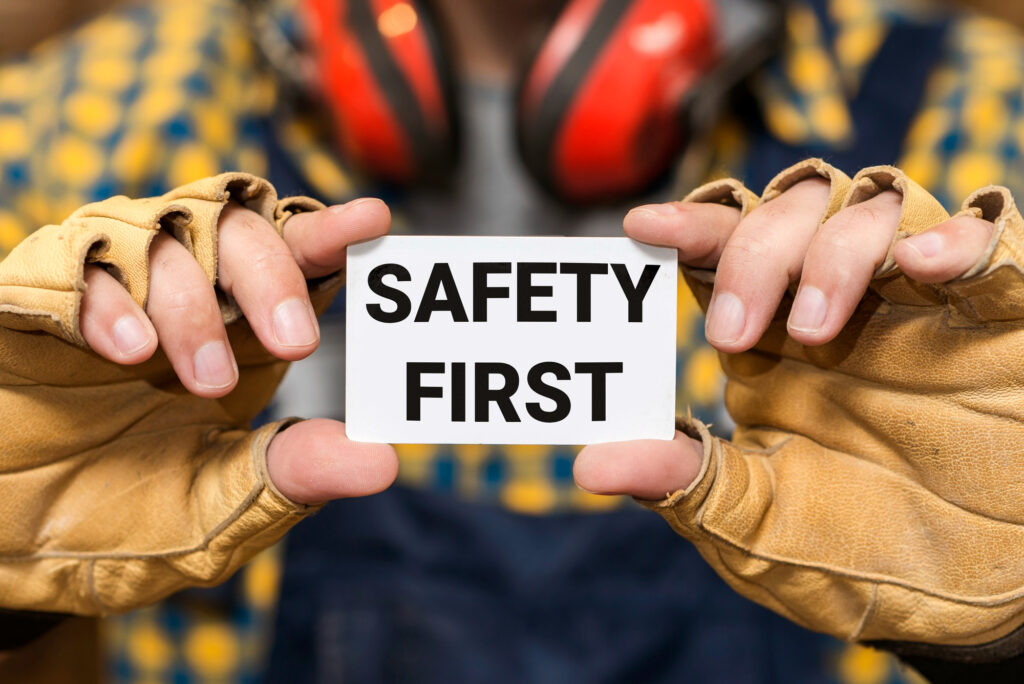In today’s digital age, the internet plays an integral role in our daily lives. It provides us with a wealth of information, communication tools, and entertainment options. However, along with its many benefits, the internet also poses various risks, especially for families. To ensure the safety of your loved ones in the online world, it’s essential to establish clear internet safety rules. In this article, we’ll explore 10 internet safety rules to help keep your family safe online.

-
Start with Open Communication: The foundation of online safety for your family begins with open and honest communication. Create a safe space for your children to discuss their online experiences, concerns, and questions. Encourage them to come to you if they encounter anything uncomfortable or suspicious online.
-
Set Age-Appropriate Boundaries: Different age groups have different levels of internet maturity. Tailor your internet safety rules to your children’s age and maturity. Younger children may need more restrictive rules, while teenagers may benefit from more independence with clear guidelines.
-
Educate About Online Privacy: Teach your family members about the importance of privacy online. Discuss the potential risks of sharing personal information, such as names, addresses, and phone numbers, on social media platforms and other websites. Emphasize that not everything on the internet is as it seems.
-
Strong Passwords are Essential: Encourage the use of strong and unique passwords for each online account. Passwords should be a combination of upper and lower case letters, numbers, and symbols. Consider using a trusted password manager to securely store and generate complex passwords.
-
Beware of Online Strangers: Advise your children never to communicate with strangers online. Emphasize that it’s easy for someone to pretend to be someone they’re not. Make sure they understand that they should only accept friend requests or messages from people they know in real life.
-
Safe Social Media Practices: If your children use social media platforms, educate them about privacy settings. Show them how to limit the visibility of their personal information and posts to only trusted friends. Encourage them to think twice before sharing personal photos or location information.
-
Recognize and Avoid Cyberbullying: Discuss the harmful effects of cyberbullying and make it clear that it is never acceptable. Teach your children to report any instances of cyberbullying to you or their school authorities. Encourage them to be kind and respectful online, just as they would be in person.
-
Spotting Online Scams: Warn your family about online scams and phishing attempts. Teach them to be skeptical of unsolicited emails or messages requesting personal information or money. Instruct them to verify the legitimacy of any requests from unfamiliar sources.
-
Time Management and Screen Limits: Set reasonable limits on screen time and encourage a healthy balance between online and offline activities. Excessive screen time can lead to issues such as sleep disturbances and decreased physical activity.
-
Lead by Example: Children often learn by observing their parents’ behavior. Be a role model for responsible internet use. Demonstrate good online practices by respecting your own privacy, avoiding online conflicts, and showing empathy and kindness in your online interactions.
In addition to these rules, consider implementing parental control tools and filters to help protect your family online. These tools can help you monitor your children’s online activities and block access to inappropriate content. Remember that internet safety is an ongoing process. Regularly revisit these rules with your family, and stay up to date with the latest internet trends and risks. Encourage your children to be critical thinkers online and to trust their instincts if something doesn’t feel right. In conclusion, the internet is a valuable resource, but it can also be a dangerous place if not navigated carefully. By establishing and enforcing these 10 internet safety rules, you can help keep your family safe online. Open communication, education, and responsible online behavior are key elements in ensuring a positive and secure internet experience for your loved ones.